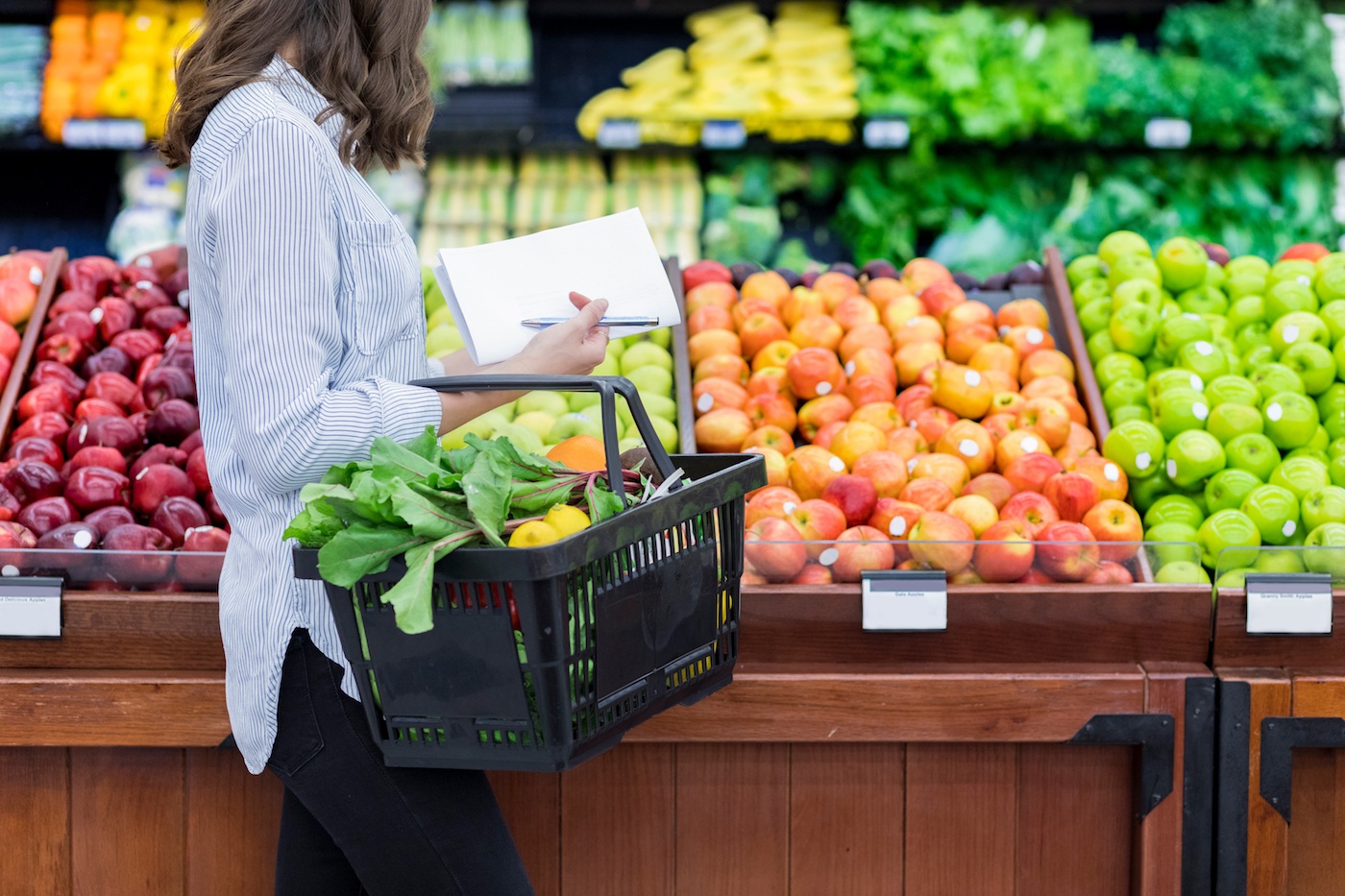It’s Not Apple Season, so Just How Old Are the Ones at Your Local Supermarket?
Considering that we're currently at peak apple season, I decided to do some investigating not only to learn how long apples last, but if eating supposedly year-old apples is actually safe.
Is it true that grocery store apples are old AF?
Well...yes. Your standard grocery store apple can be as old as 10 months if you buy them out of season. But they don't naturally last that long—untreated apples only last for a few weeks. So what gives?
This vampire-esque lifespan is partly because of chemicals used on apples before arriving in stores, says Alex Formuzis, the vice president of communications at the Environmental Working Group. "Unlike some other produce, insecticides and fungicides are both applied to apples," Fourmuzis says—up to 16 different kinds of pesticides in all. The fungicides protect the apples from bad bacteria, and the pesticides protect them from insects and other pests (since, as Fourmuzis says, they naturally attract bugs).
Some producers also add a food-grade wax made of fatty acids and long-chain alcohols. "There are also fungicides in the wax film applied to conventional apples that is used so those apples can stay in cold storage facilities for long periods of time, which is why they are available all year long in any supermarket in the country," says Fourmuzis. (It should be noted that not all producers add wax before putting apples into storage, according to Nick Moless, the senior produce buyer on the Whole Foods Market global perishables purchasing team.)

{{post.sponsorText}}
These chemicals basically prevent decay and thus help extend the lifespan of an apple, which lets harvesters store them once the season is over and ship them to retailers throughout the year. (FWIW: The U.S. Food and Drug Administration does test produce to make sure the amount of pesticides used is well below what's considered toxic. And many organic orchards use pesticides to keep their apples insect free, too.)
Not all farmers use these methods to keep their apples fresh. Bill Suhr, the owner of the sustainable farm Champlain Orchards in Shoreham, Vermont, says he uses Smartfresh, an ethylene blocker, to extend the shelf life of apples on his orchard. Ethylene is a natural gas that apples naturally produce as it starts to ripen—the blocker slows down that process, essentially stunting its growth. He also uses storage rooms with controlled atmospheres to delay decay and keep apples fresh for as long as possible. "We sell fruit year round so some fruit that is locked up in CA storage in September could be sold 'fresh' the following August," Suhr explains.
So it's not really that apples are sitting in supermarkets for a year—in fact Moless says the produce inventory turns over so quickly that apples in their stores are there no longer than two days—it's more likely they are sitting in storage waiting to be shipped. Since we typically like to eat apples year-round...this is basically what it takes to do that.

Are super-old apples a bad thing?
Okay, yes, your standard grocery store apple is probably not straight off the tree. But the FDA is giving them their seal of approval—even if they are a year old. Even Formuzis at the EWG—an activist group working to make sure our food is safe—doesn't flat out disapprove: "Eating fruits and vegetables, whether they’re conventional or organic, is always better than eating highly processed foods. And this advice would apply to conventionally grown apples, too," he says. "That said, I’d urge consumers, if they can to choose the organic versions of the fruits and veggies with the the highest numbers of pesticide residues."
If you're still weirded out, one tip is to go for organic apples that don't have a wax coat, which Formuzis says is the main tool farmers use to allow apples to last months in cold storage. No wax coat = more likely it was harvested more recently, since it doesn't have the same protective materials that allow it to last forever. (Just give it a good scrub first for total peace of mind.)
Originally published November 28, 2018. Updated January 25, 2019.
Now that you're not so freaking out about your apples, use 'em to make Julianne Hough's yummy post-workout smoothie or this baked parsnip and apple latkes.
Loading More Posts...